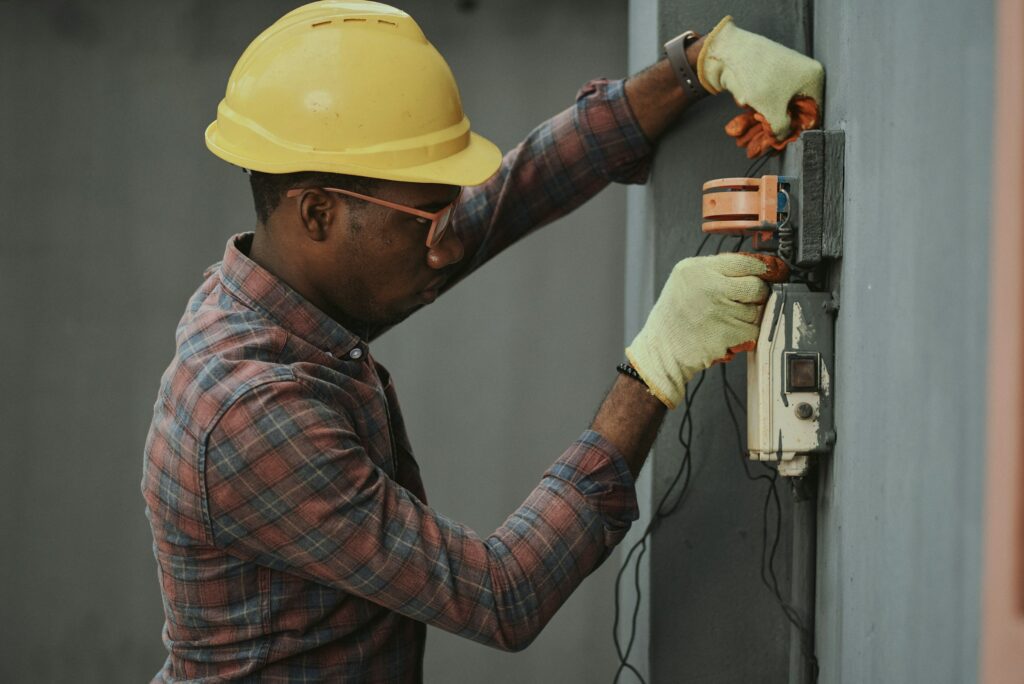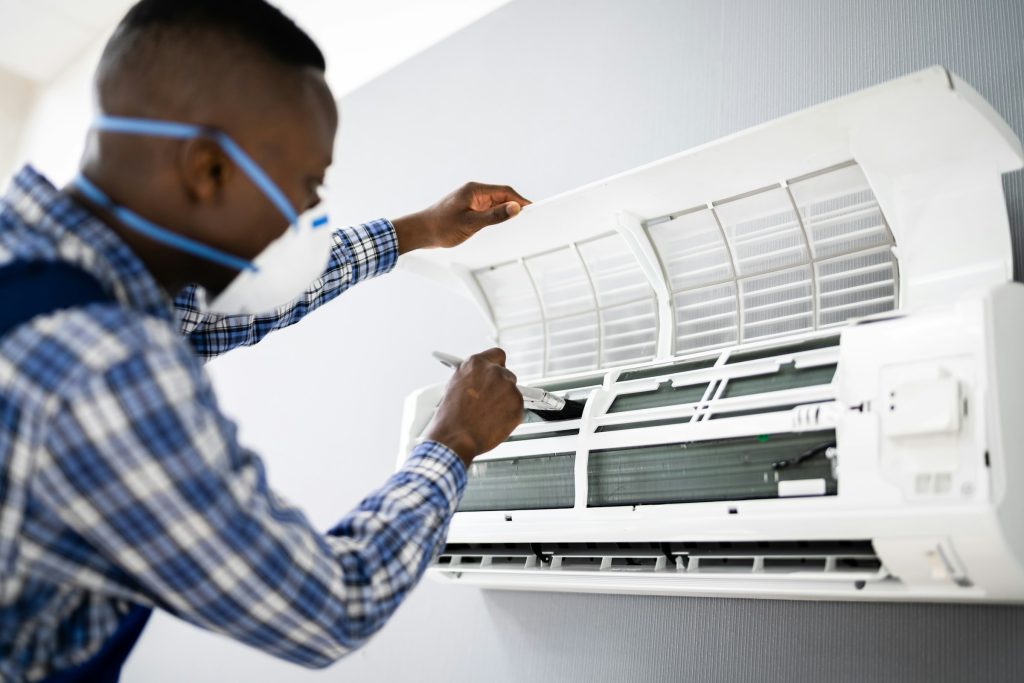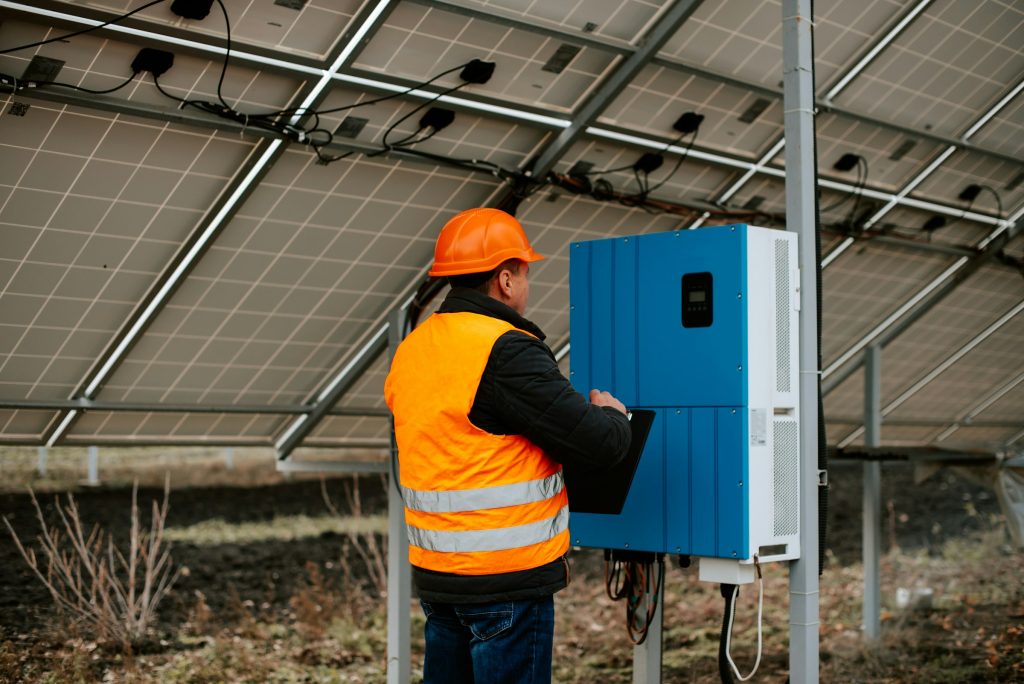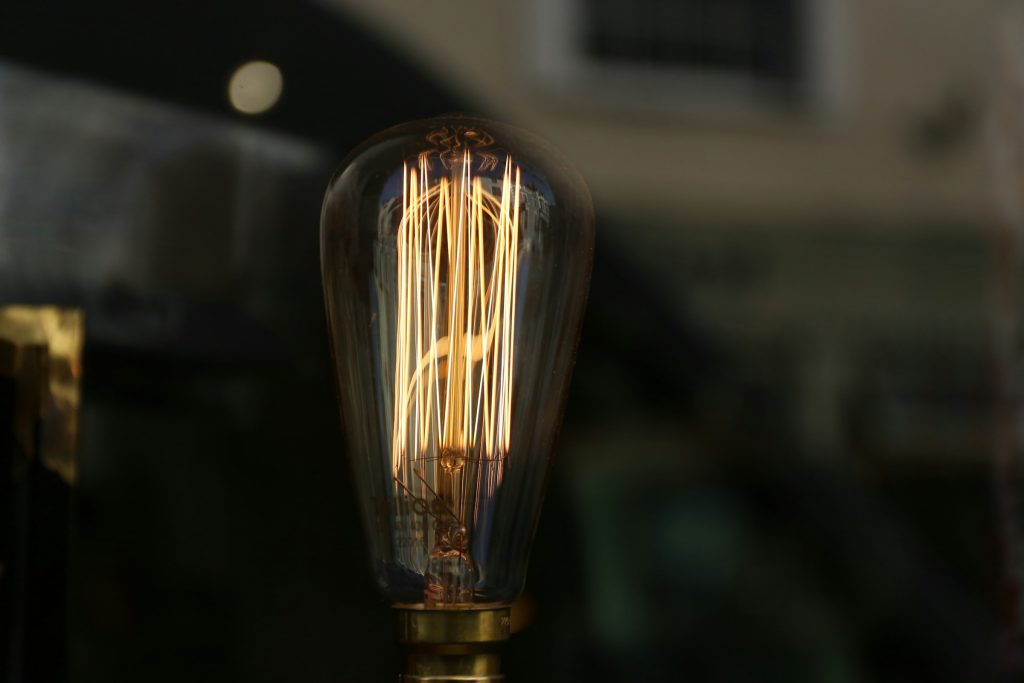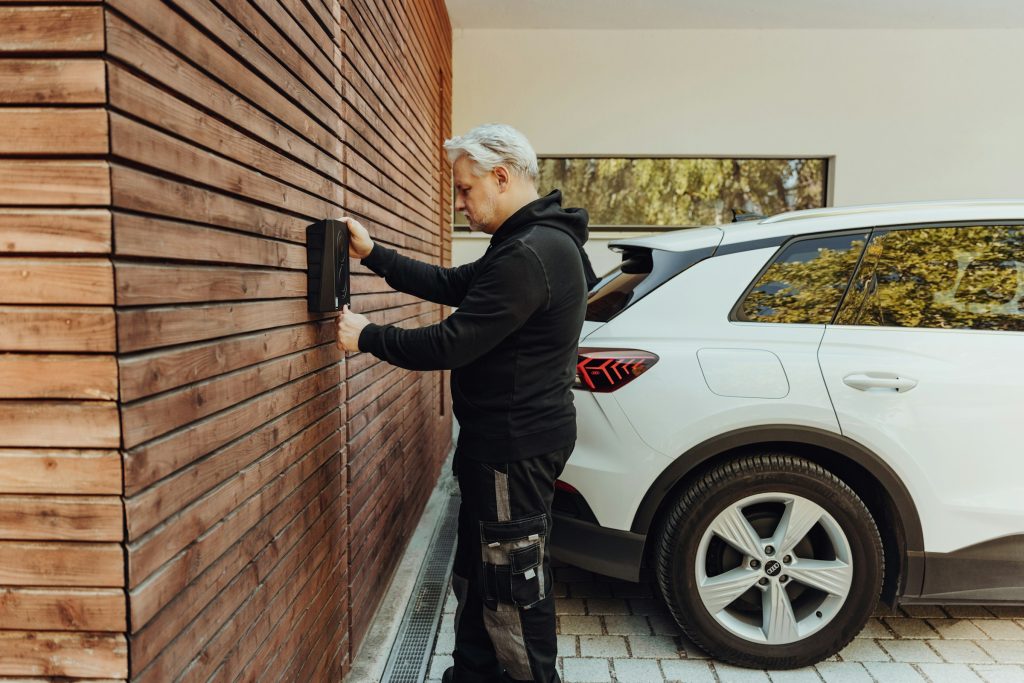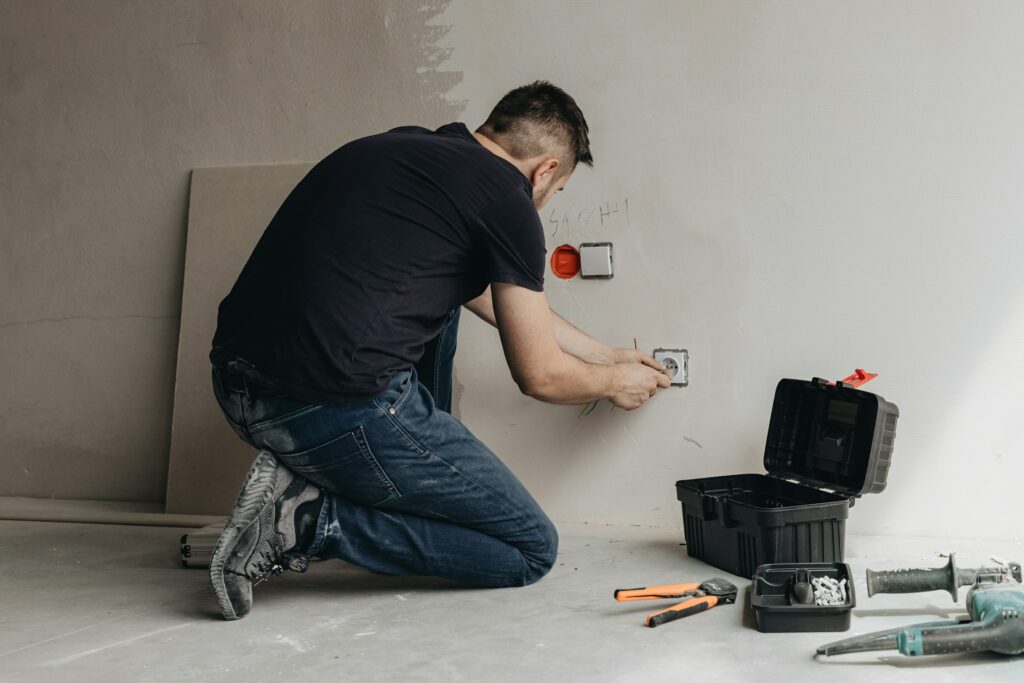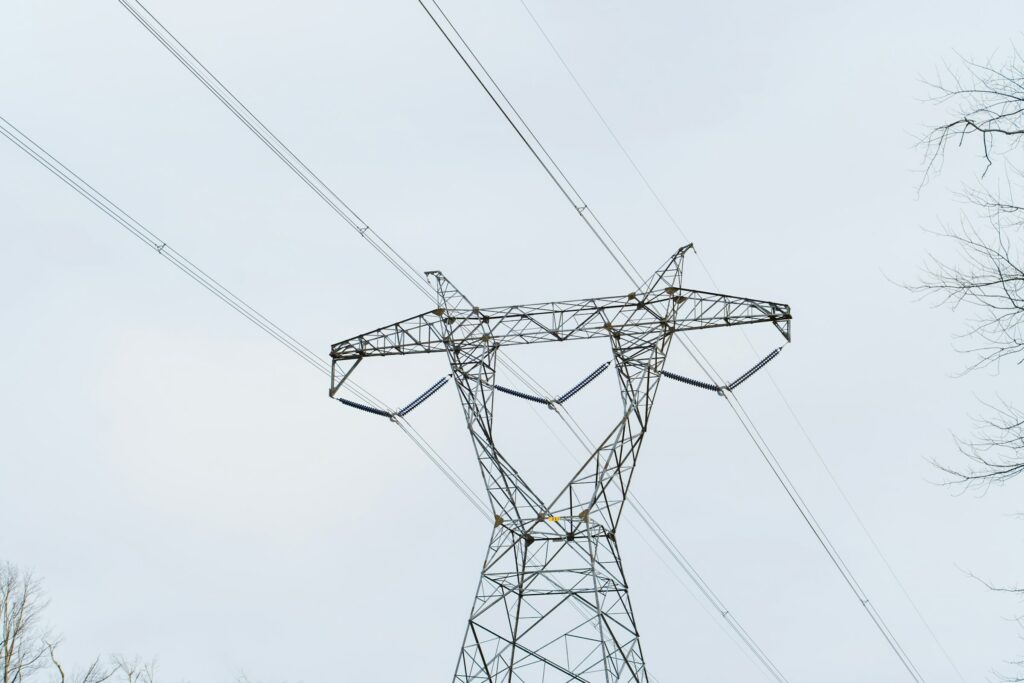Imagine your home as a giant piggy bank, but instead of saving coins, it’s supposed to keep something much more valuable: energy. Yet, like a piggy bank with holes, many homes let this precious energy slip through cracks, windows, walls, and old appliances.
That’s where a Home Energy Audit steps in—think of it the handy plug to stop the energy (and money) leaks. Let’s dive into what you need to know about these audits, peppered with anecdotes, insights, and some essential statistics.

What Exactly Is a Home Energy Audit?
A Home Energy Audit is a thorough examination of your home to see where energy might be escaping and how you can hold onto it more effectively. Professionals come in with their detective kits – infrared cameras, blower doors, and more – to uncover the mystery of your home’s energy use. They look at everything, from the insulation in your attic to the type of light bulbs you use, aiming to compile a comprehensive report that tells you how to make your home as energy-efficient as possible.
Why Should You Consider an Audit?
Cost Savings
Home energy audits are a gateway to significantly reducing your annual energy expenditure. EnergySage says the average American household spends about $2,190 on electricity alone every year. A thorough energy audit identifies inefficiencies and suggests improvements that can reduce energy consumption by 15 to 30 per cent. Given the rising energy costs, these savings are immediate and accumulate over the years, offering long-term financial relief.
The process typically involves assessing how your home uses energy—from heating and cooling systems to windows and insulation quality—and provides a blueprint for making your home more energy-efficient. Such targeted improvements reduce energy consumption and lower monthly utility bills, ensuring that the initial cost of the audit pays for itself over time.
Increased Comfort and Home Value
Beyond the clear financial benefits, energy audits can significantly enhance the comfort of your living space. An audit can help maintain consistent indoor temperatures, reduce drafts, and improve overall air quality by identifying and rectifying areas where your home loses energy. This means your home stays warmer in the winter and cooler in the summer, enhancing your comfort year-round.
Moreover, the insights gained from an energy audit can help you prioritize home improvements that yield the best return on investment (ROI). Whether it’s upgrading insulation, sealing leaks, or updating old appliances, each recommended improvement contributes to energy savings and makes your home more environmentally friendly.
An often overlooked advantage of an energy audit is its potential to increase your home’s resale value. Energy efficiency is a growing priority for homebuyers, and a lower HERS (Home Energy Rating System) score—which indicates higher efficiency—can be a selling point. Homes with documented energy efficiency improvements often sell at a premium, suggesting that the benefits of an audit extend beyond just savings and comfort to significantly enhancing your property’s market value.
The Cost of a Home Energy Audit:
The cost of a Home Energy Audit varies significantly, with some energy services offering it for free under specific conditions. In contrast, others may charge a fee based on the audit’s depth and complexity. Prices can extend to several hundred dollars. Despite the initial expense, the long-term benefits, including reduced energy bills and improved comfort within the home environment, make it a worthwhile investment. These audits are designed to identify areas of energy waste and recommend efficiency improvements, ensuring homeowners can make informed decisions about their property’s energy use.
DIY or Professional Audit?
Deciding between a DIY or professional home energy audit hinges on depth and accuracy. A self-conducted audit can identify obvious leaks or insulation gaps, serving as a quick checkup. However, professionals bring specialized tools like infrared cameras and blower door tests, unveiling hidden inefficiencies invisible to the naked eye. These comprehensive audits pinpoint specific problem areas and provide tailored solutions for energy savings, making the professional option more thorough and potentially more cost-effective in the long run.
The Bottom Line:
In wrapping up, think of a Home Energy Audit as a roadmap for your home’s energy use. It highlights the paths of least resistance where energy, like a sneaky little critter, is escaping. Following the audit’s recommendations is akin to sealing those paths, ensuring energy is used efficiently, saving money, and contributing to a healthier planet. Now, with your home tightly sealed and energy-optimized, you can rest easy knowing that you’re contributing to greener earth and padding your wallet against unnecessary losses.
Frequently Asked Questions:
How often should I get a home energy audit?
Consider an audit if you’ve never had one, if your energy bills are suddenly increasing, or if you’re planning significant renovations.
Can a home energy audit really save me money?
Yes, by identifying and rectifying inefficiencies, you can significantly reduce your energy bills and improve your home’s comfort.
What are some common recommendations from an energy audit?
Upgrading insulation, sealing leaks, and replacing old appliances with energy-efficient models are among the most common suggestions.
